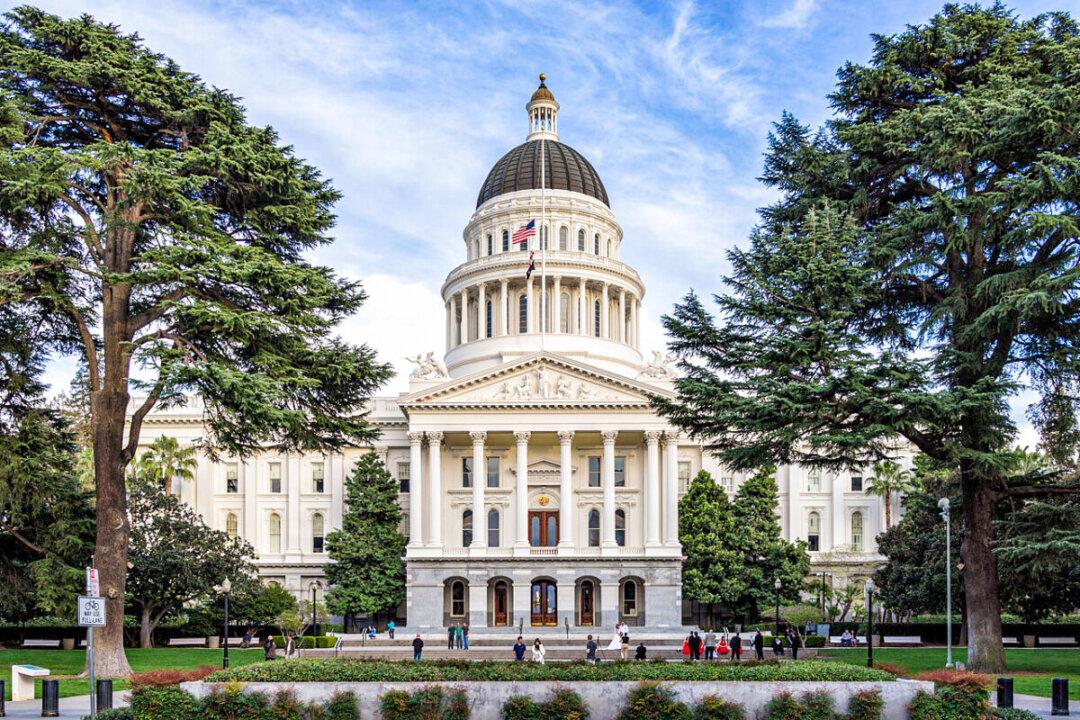Commentary
While most municipalities in California are wrapping up their annual financial statement audits for the year ending June 30, 2021, the state just issued what’s known as its Annual Comprehensive Financial Report, (formerly known as the Comprehensive Annual Financial Report), for the preceding year, ending June 30, 2020.





